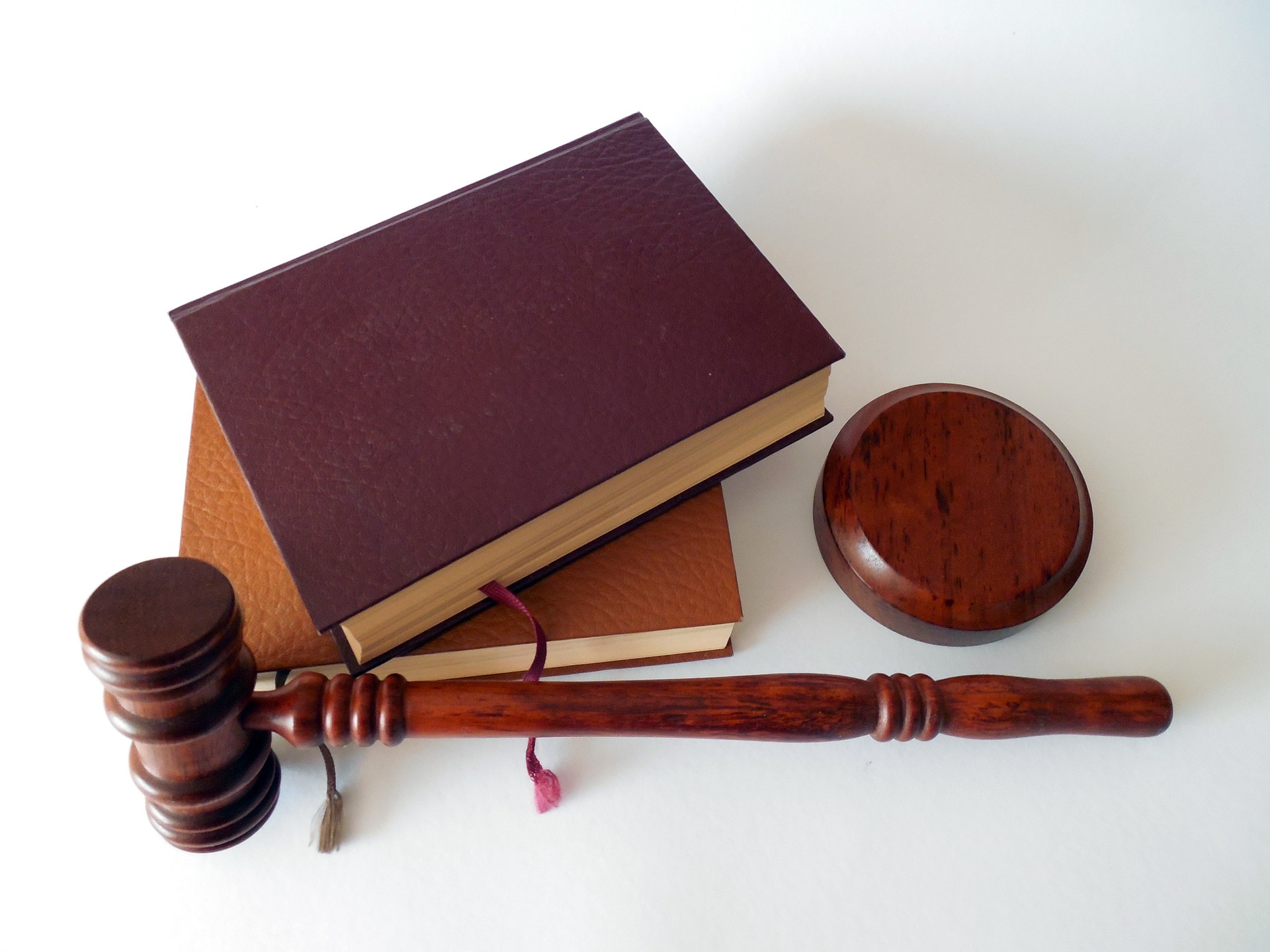America's Net Neutrality Debate: Tracing Its Law and Impact
The phrase "net neutrality," though only coined in the early 2000s, sporadically jumps in and out of American legal discussions. Net neutrality operates under the premise that Internet Service Providers (ISPs) should allow access to all information and applications, disregarding source, and abstaining from blocking or favoring particular services or websites.
Historical Context and Key Legal Developments
The debate around net neutrality ignited in 2002 when the Federal Communications Commission (FCC) classified broadband Internet as an “information service” rather the “telecommunications service.” Later in 2015, net neutrality regulations were supported under the Obama administration, resulting in the FCC reclassifying broadband once again as a telecommunications service. This was undone in 2017 under the discourse of government deregulation triggering unprecedented nationwide protests.
Net Neutrality of Current: Legal Updates and Changes
The legal landscapes keep shifting for net neutrality with wave-like dynamics. The year 2021 expectedly observed certain changes under the Biden administration urging FCC to restore its authority over broadband providers. Reviving net neutrality, along with ensuring broadband for all, could feature among the game-changing policy revamps.
Legal Implications and Impact on Society
Understanding the consequences of net neutrality, or its absence, is crucial in this techno-centric world. These laws facilitate and forge how today’s society broadcasts and consumes information. The pros include protection against ISP discriminations while critics talk about burdensome regulations inhibiting innovation. As for societal impact, advocates argue that it preserves the internet’s democratic nature, while the adversaries see a less-regulated net sparking capitalism.
Weighing the Future of Net Neutrality in America
These periodic, polar shift-like changes in the FCC’s take on net neutrality have followed the tenure of Presidential administrations rather closely – a trend unlikely to radically rupture in future. However, stakeholders hope that bipartisan effort could transpose this potentially contentious legislation into a constant legal marker in the dynamic legal and digital universe.
This discussion demonstrates that staying informed about our digital rights requires both awareness and concerted effort in a digital age. Ensuring widespread access to the internet could be the pedestal on which rests the operational tenets of modern democracy. Observing these emblematic shifts in perspective ensures we can anticipate the impact of our laws in everything we do – online or offline.





